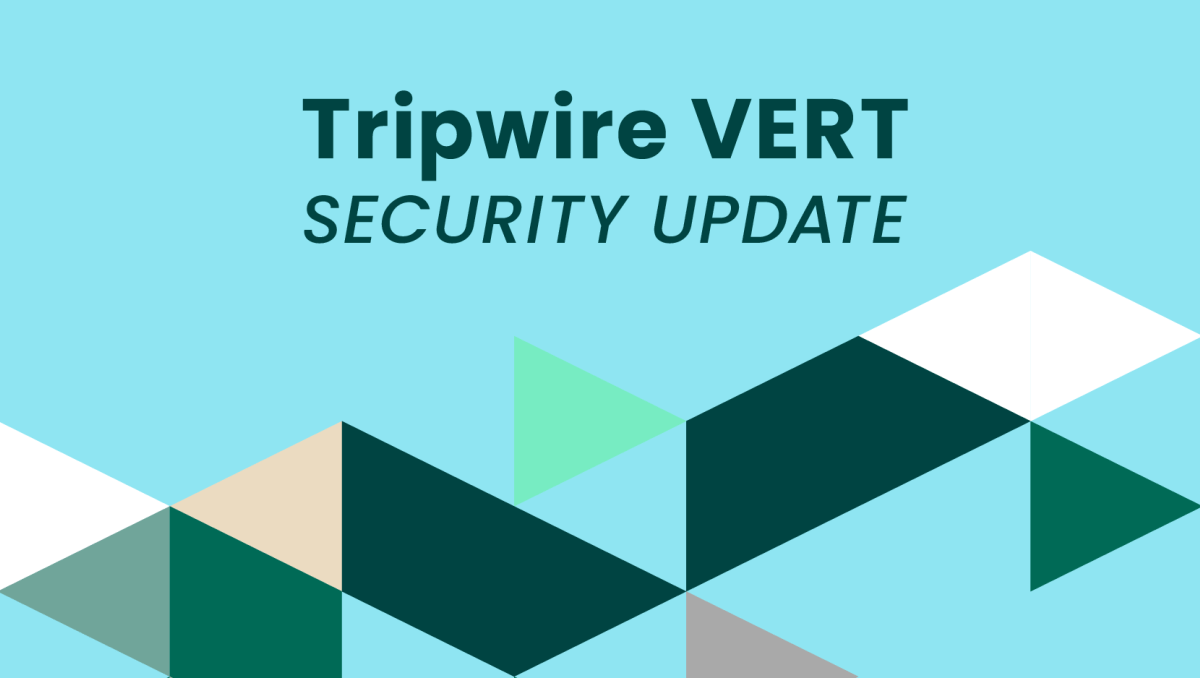So, you’re running a reasonably successful MSP. You’re busy and have regular clients.
Your profits, while not stellar, are good enough. You’ve got a decent reputation, not too much employee churn, and things are basically working fine.
Let’s not minimize this achievement: keeping an MSP in business is tough, and you’ve clearly got the right foundations in place.
But if you want to achieve your company’s true potential, you have to find ways to scale. The good news is that there are many tried and tested techniques that can help you do just that.
We sat down with Leon McQuade, the co-owner and Chief AI Officer at UK MSP – Think Cloud – in a webinar called: Scale Your MSP Business – Roadmap to £1 Million ARR with Leon McQuade.
Leon talked us through some of the techniques Think Cloud have used to scale so fast.
The company is about 20 years old, and when Leon joined the business in 2018, it was turning over a revenue of about £500,000 ($655,000 or €590,000).
But by 2024, turnover had risen to £2.2 million – with even higher revenue expected in the near future.
[youtube https://www.youtube.com/watch?v=9im7o8ol9DQ?start=2&feature=oembed&w=500&h=281]
Key takeaways:
- Adding value is the most important goal for MSPs who want to scale
- Your people are essential – apprenticeships and a focus on culture really help attract and retain the best
- There are various processes for scaling a business – marketing is a long term strategy, but short term tactics/quick fixes also help
- Focus less on selling tech products – instead look at how tech can solve client pain points and deliver value
First principles: add value
Fundamentally, I think the secret to scaling any business is just to be useful and helpful and a human being first and foremost, and seeking to add value… [if you do that] the money takes care of itself – Leon McQuade
Leon came to work at Think Cloud after helping successfully scale organizations in diverse sectors – from construction firms to mental health charities. He argues that whatever sector you’re in, it is this notion of adding value that really helps a business to scale.
Adding value can mean different things in different situations, but for MSPs it’s typically about things like:
- Resolving customer pain points with technology
- Allowing customers to focus energy on things they do best, rather than spending hours figuring out how to use IT
- Saving people time
- Saving people money
- Avoiding things like data breaches
- Increasing customers’ knowledge and awareness
- Helping customers to be more productive or efficient
The people, process and technology ‘triad’
There are three fundamentals that underpin any business which wants to scale – Leon McQuade
These are:
- People
- Processes
- Technology
In the webinar, Leon delved into both short term tactics and long term strategies that MSPs can use in these three areas. Let’s dig into some of the highlights for each.
1. Great people help you scale
You’ve got to have great people in your business – Leon McQuade
Having skilled, trained and knowledgeable engineers is, of course, vital for running an IT services business. But, as any MSP founder knows, this is easier said than done. Leon pointed out that labor shortages are one of the biggest issues facing the IT industry worldwide.
Attracting and retaining IT professionals is notoriously difficult. Experienced workers command high salaries, and there’s always a temptation for them to move elsewhere for a bigger pay packet.
One “longer play” that Think Cloud uses here is to hire apprentices, Leon explains. Hiring keen young people to work in the sector not only saves on the cost of recruiting experienced professionals, it also builds loyalty with staff.
That’s especially important for a business like Think Cloud. While they operate nationwide, they are based in Hull, a university city in an industrial region of England. Hiring and training apprentices who already live locally is a more effective strategy than trying to get people to relocate from hundreds of miles away.
The ‘people’ element of scaling a successful business is also about company culture.
When Leon joined Think Cloud, the firm’s head office was in a business park on the city’s outskirts. But “one of the first things we looked at was moving to a central location in the city center, making it more accessible so we could attract more younger talent” he says.
Having a good office location might seem like a ‘nice to have’, but Leon argues location is much more important than it might first seem. “You’ve got to have a really cool space so that you can build that culture and that environment” which is attractive to people, and which means they want to work for you.
2. Processes and scaling an MSP
We tried multiple ways to scale – Leon McQuade
… and not all of them succeeded. However, the company soon struck on some effective techniques.
No surprises, but MSP marketing was especially helpful, he explains. Think Cloud uses a variety of marketing techniques, including:
- ‘The Hack’ newsletter: This is printed out and posted to the kinds of businesses Think Cloud wants to work with. The newsletter comprises about 80% general business advice, and 20% tech-related content. Articles in The Hack are also repurposed into blogs for the company’s website, which helps bring in organic traffic.
- The ‘Cloud Academy’: This is an online platform where prospective and new customers can learn about business IT, cybersecurity, AI and other topics.
- ‘The Hack’ podcast: The podcast features interviews with business leaders, and looks into business transformation, and the people, processes and technology that help. Leon explains that while the podcast has been going on for years, Think Cloud still gets enquiries from people who have recently listened to some of the very first episodes the team recorded (available on demand) – which illustrates how valuable a long term approach is for lead gen.
While marketing might be the high level strategy for scaling Think Cloud, Leon also describes a number of shorter term tactics they use to keep delivering value.
“One of the first things we did was track time” spent working with clients, Leon explains. Like many MSPs, Think Cloud’s engineers were often overdelivering for clients, meaning work wasn’t always profitable. Since he joined the firm in 2018, the company now has “a really good metric” for reporting on time spent on customer work, which means “we know whether we are undercharging or not”.
Another tactic the MSP uses is to offer clients more than ‘just’ technology solutions. Instead, their expert teams “go in and educate our clients” about things like cybersecurity. By focusing on education, Think Cloud “add value over and above the technology”.
In a way, this is a form of business consultancy, which means the firm builds a closer relationship with customers. Think Cloud becomes more than the ‘IT people’ that customers call when something goes wrong. Instead, they’re offering additional value and guidance on how to keep data safe, improve productivity, or use revolutionary tech like AI.
Customers are, of course, vital if your MSP wants to scale. But they have to be the right kind of client, Leon says. Most MSPs will have experience working with clients who don’t understand the value of IT – and are therefore reluctant to pay what it’s worth.
Think Cloud addresses this using new lead qualification calls. Leon puts it directly, “you need to qualify ‘out’ early and hard”. Every MSP struggles with this “because you want the sale”, yet if clients don’t have the budget or understanding of tech, then you might be better off ending things sooner rather than later. After an initial 15 minute call with a sales rep, Think Cloud’s first offering is a paid cyber risk assessment. Leads that are happy to invest in this are usually the kind of client that will actually help the business prosper.
Related: How should MSPs deal with the ‘small client problem’?
3. Technology to scale an MSP
The tools do not make your [MSP] business by themselves – Leon McQuade.
Many MSPs “commoditize” themselves by offering their clients technology as a product, says Leon. In this traditional model, the MSP creates a package of products that customers pay a monthly fee for.
But simply selling tech licenses isn’t the most effective way to scale Leon argues. Instead, the goal should be to use technologies to provide customers with value. Think Cloud break this concept down in a few ways:
- Value protection: Protecting the customer’s data and IP using cybersecurity technology, file storage, security training and so on.
- Value creation: Using AI, the cloud or productivity/collaboration software that helps clients become more successful.
- Value capture: Setting up things like eCommerce, websites or CRM software to help customers collect data.
- Value delivery: Providing specific services that let the customer do their best work, such as a company intranet, HR software, telecoms, etc.
What’s really interesting about this approach is its focus on value – not specific tools or discrete services. When Think Cloud begins working with clients, they consult with them to understand their issues, identify areas where they can add value, then deploy the most suitable tech.
Before Leon began working at Think Cloud, he worked in businesses where he’d outsourced IT to MSPs himself. “I used to be a customer, and I didn’t understand half of the things in these packages”. MSPs often offer service level packages (typically things like ‘silver’, ‘gold’ or ‘platinum’), but Leon asked: “are we selling precious metals? No, we’re not – we’re selling a service. We’re selling a return on investment. We’re selling [the idea of] saving time”.
Customers don’t want a list of technology products – they want a setup that helps them work better.
For some MSPs this will feel like unchartered territory. It’s true that you can continue just selling licenses and run a reasonably successful business. But to really scale, Leon argues you need to identify the value you’re offering. The tech you supply obviously helps deliver that value – but you need to sell the ends, not the means.
Ready to scale your MSP?
As our discussion with Leon shows, there are multiple long term strategies and short term tactics you can use to scale your MSP.
And Heimdal can add value to the mix. Our unified security platform gives you the most comprehensive suite of cybersecurity tools in one place. That means you can manage all of your clients’ environments efficiently and productively, and offer more services and greater protection to customers as you grow.
Want to see how? Contact us today for a demo.
Frequently asked questions
Q) What is the normal speed for an MSP to scale?
While every business is different, one survey found that the average MSP expects to grow about 10% per year in 2024. If you want to scale faster, try implementing some of Leon’s ideas.
Q) When should an MSP begin scaling up?
Leon says that “for me, a business that’s ready to scale is a business that has established there’s a need for its product”. Once you have recurring revenue, regular customers and have a stable system in place, you are then ready to really begin investing in growth.
Q) Is it better to introduce your MSP to new leads in person or over email?
There’s no single method for meeting leads and winning new business, and Leon argues that “you need a multi-step approach”. Cold emails or events can be one way to meet clients, but Leon argues that lead generation should include online content to answer your audiences’ questions, sales calls, social networking, meetings with the founders and much more besides. Relying on just one or two techniques isn’t an effective way to scale a business.


